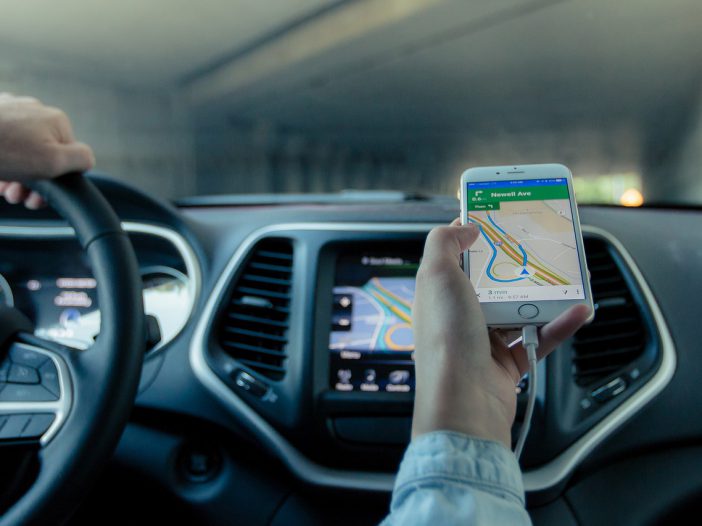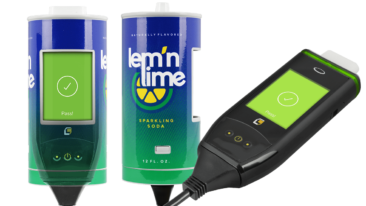
Do Ignition Interlock Devices Have GPS?
Drunk driving still remains a huge problem in the United States. In 2016, nearly 10,500 people were killed in drunk driving incidents, accounting for about 28 percent of all traffic fatalities that year. Today, the country still averages about one alcohol-related driving death every 50 minutes.
Thankfully, state and federal governments have gone to great lengths to try to prevent and reduce drunk driving incidents. These have ranged from increased litigation and enforcement of existing laws to DUI checkpoints. For instance, all states now enforce a legal blood alcohol content limit of 0.08 percent.
One of the most effective tools is the ignition interlock device (or car breathalyzer). Once only reserved for specific DUI cases, ignition interlock devices have become much more common with many states requiring them for even first-time offenders. With the growing use of ignition interlock devices, they have seen some upgrades and new features, including GPS.
What is an Ignition Interlock Device?
Ignition interlock devices connect to your car’s ignition system. In order to start your ignition, you must first breathe into your IID, which measures your blood alcohol content. If your BAC is below the programmed limit (which is different from state to state but usually set at around 0.02 percent), you can start your car and get on the road as usual. If your blood alcohol content is above the programmed limit, the device will not allow you to start your car for a set period of time or until you provide a clean breath sample.
Once you’re on the road, the device will also require periodic breath samples, known as rolling retests. Rolling retests are designed to prevent you from drinking after starting your car and using someone else’s breath to start your car. If you don’t blow into the device in time or have a BAC above the limit, the IID will log the event and possibly trigger an alarm (honking your horn, flashing your headlights) until you turn off your engine or submit a clean breath sample.
What is GPS?
By now, GPS seems almost ubiquitous. It’s installed in cars and available on every smartphone and handheld device. The Global Positioning System is a complex tool owned by the United States that is designed to provide people with navigation, timing, and positioning. This system involves a constellation of 24 operating satellites and a worldwide control team that tracks the satellites, uploads navigational data, and provides general maintenance of the satellites. All of that information gets beamed to your device, helping you to find directions to a restaurant or track your jogging route.
Do Interlock Devices Have GPS?
Some courts will require the use of an ignition interlock device equipped with a GPS or camera (or both). GPS allows the courts to log more information about you and keep track of your activities, including where and when you succeeded or failed your tests.
However, this can vary based on your jurisdiction. Some states or counties have questioned the use of GPS in ignition interlock devices, citing that they may infringe on your constitutional rights and personal privacy.
In general, GPS inclusion in ignition interlock devices is relatively new, and some vendors may not have the technology available. If your court does require a GPS-enabled ignition interlock device, they should also provide a list of approved vendors that can deliver on those specific requirements.
What your Ignition Interlock Device Records
Even without GPS, your IID logs a wide range of information to keep you in line. Your ignition interlock device records just about every interaction involved with it, including:
- Failed and successful tests and the blood alcohol content levels of each test
- Any missed calibrations
- Any instances of suspected or confirmed tampering
Some ignition interlock devices feature cameras, which allow for photo and video confirmation of who is using the device at any given time.
All of this information is sent to your monitoring authority, either immediately via wireless technology or once a month during your maintenance appointments. Your monitoring authority comprises the court, the DMV, your parole, or probation officer, or other parties in charge of the case.
Your IID takes in a great deal of data as a means of keeping you and the roads safe. As long as you stay sober, using an ignition interlock device should not pose a problem, with or without a GPS.
Sources:

